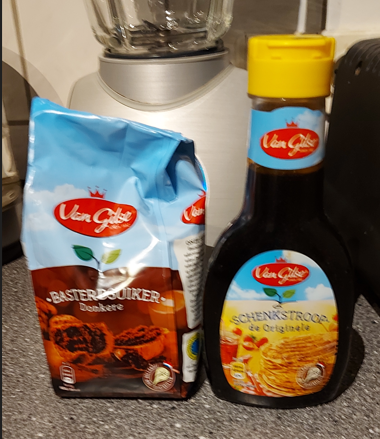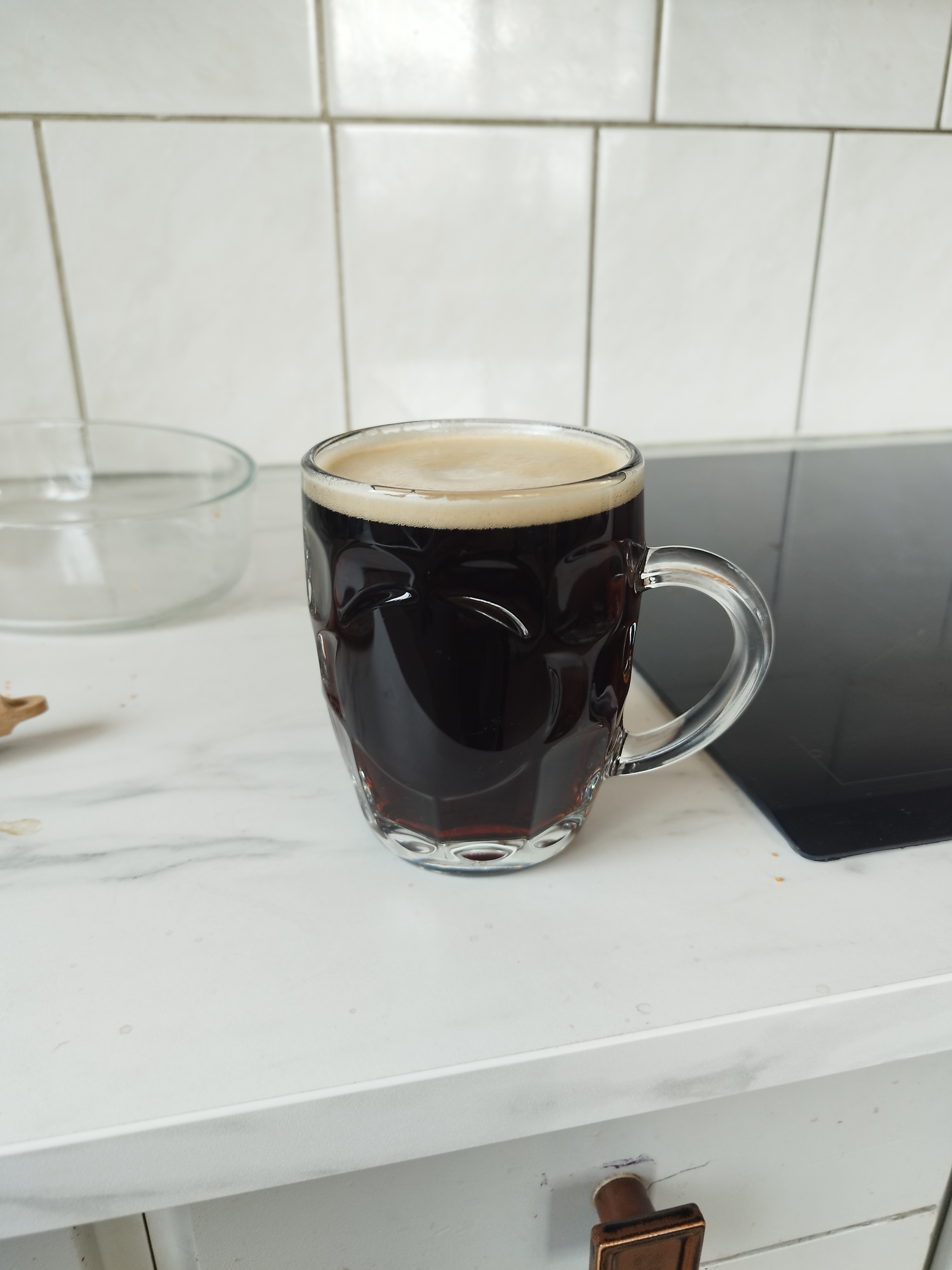Colindo
Well-Known Member
@Miraculix Today my standard supermarket suddenly stocked all the sugar goodies we have been talking about. So I did some comparisons.
Grafschafter Heller Sirup vs. Lyle's Golden Syrup: The German product is much paler and has barely any flavour when directly compared. Lyle's has a flavour that seems to be 50% like maple syrup and 50% caramel. The Grafschafter just seemed sweet with an incredibly small caramel contribution. So it's really more a source of simple sugars than a substitute for invert No 1, in my opinion.
Sugar beet molasses: Grafschafter vs Bauck: The latter has a bit of a liquorice touch, which makes it closer to Black Treacle than the Grafschafter. However both are still far too mild compared to the original. Unfortunately they are also less fruity, otherwise I wouldn't have minded the milder character. But without the fruitiness it really lacks something.
Grafschafter Heller Sirup vs. Lyle's Golden Syrup: The German product is much paler and has barely any flavour when directly compared. Lyle's has a flavour that seems to be 50% like maple syrup and 50% caramel. The Grafschafter just seemed sweet with an incredibly small caramel contribution. So it's really more a source of simple sugars than a substitute for invert No 1, in my opinion.
Sugar beet molasses: Grafschafter vs Bauck: The latter has a bit of a liquorice touch, which makes it closer to Black Treacle than the Grafschafter. However both are still far too mild compared to the original. Unfortunately they are also less fruity, otherwise I wouldn't have minded the milder character. But without the fruitiness it really lacks something.






























![Craft A Brew - Safale S-04 Dry Yeast - Fermentis - English Ale Dry Yeast - For English and American Ales and Hard Apple Ciders - Ingredients for Home Brewing - Beer Making Supplies - [1 Pack]](https://m.media-amazon.com/images/I/41fVGNh6JfL._SL500_.jpg)






























